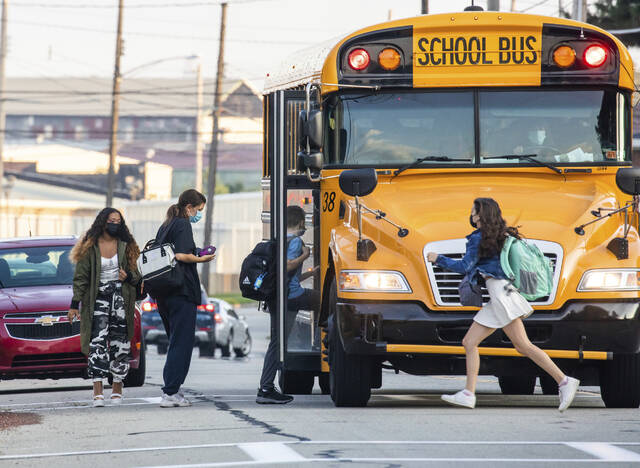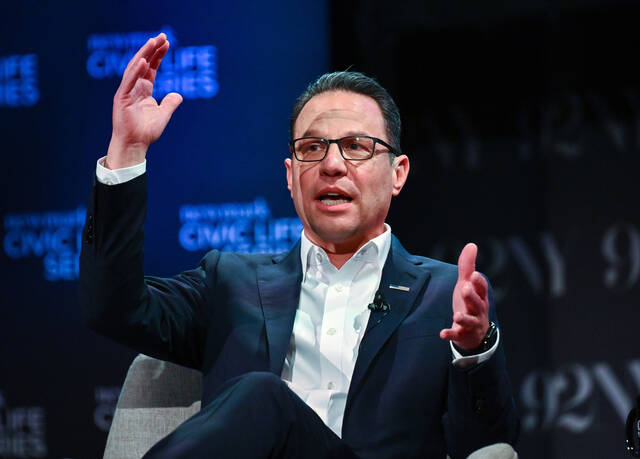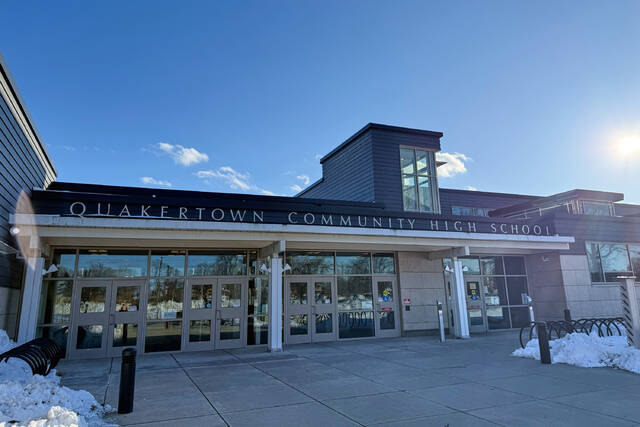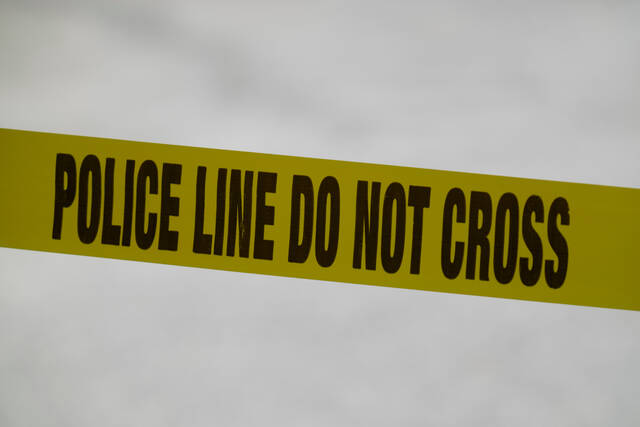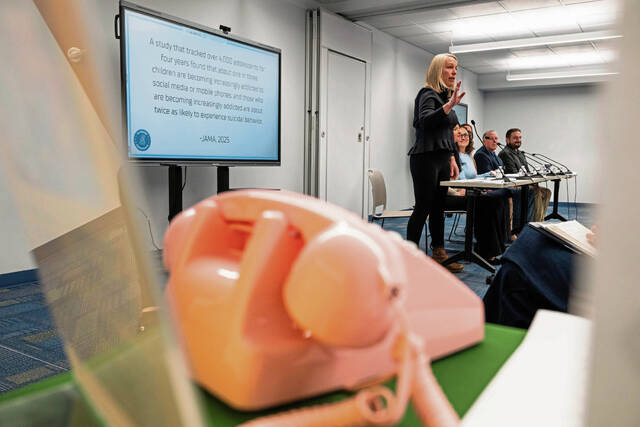Pennsylvania’s Commonwealth Court ruled Wednesday that the state’s acting health secretary did not have authority to issue a mandatory school mask mandate at the beginning of this academic year.
In a 31-page opinion, the court found that because there was no emergency declaration in place governing covid-19 in Pennsylvania at the time the order was issued, Acting Health Secretary Alison Beam was required to follow state rulemaking requirements before implementing such a mandate.
She failed to do so, the court ruled.
“It goes without saying that the Department of Health must carry out these duties within the constraints of the law and does not have carte blanche authority to impose whatever disease control measures the Department of Health sees fit to implement without regard for the procedures for promulgating rules and regulations, expedited or otherwise,” the court wrote.
The court said ruling otherwise “would be tantamount to giving the acting secretary unbridled authority.”
“As this would be contrary to Pennsylvania’s existing law, we decline to do so,” the court wrote.
Mark O’Neill, a spokesman for the Department of Health, said the administration filed an appeal to the state Supreme Court on Wednesday afternoon. The appeal automatically triggers a stay of the order, which means the mask mandate will remain in place for now.
“The secretary of health’s authority is clearly outlined in existing law,” he said. “Given the appeal, today’s ruling doesn’t impact current implementation of the school masking order.”
Thomas Breth, who represented the families who challenged the mandate, said his clients won’t stop fighting.
“We feel there’s been enough uncertainty created by the secretary of health’s order and the impact it’s had on schools, families and students,” Breth said. “We’re prepared to fight any efforts to stay the Commonwealth Court’s opinion.”
The 4-1 opinion was authored by Judge Christine Fizzano Cannon. Judge Michael Wojcik issued a 22-page dissenting opinion.
On Monday, Gov. Tom Wolf announced that the school masking order for grades K-12 would end on Jan. 17, at which time local school officials would be responsible for making their own decisions on masking.
The controversy began on Aug. 30 when Beam issued the mandate as the number of infections — particularly of the delta variant — spiked across the state.
Local districts found themselves dealing with two vocal factions: one demanding masks to protect children, especially those too young to be vaccinated; and the other who believed that parents should be free to decide whether their children wear masks, with some in that group arguing that they felt masks are harmful to children.
Two lawsuits were filed with Commonwealth Court arguing that the mask mandate was illegal because the proper rule-making process wasn’t followed and because it violated religious freedom.
During oral argument on Oct. 20, the state attorney general’s office, arguing on behalf of the Department of Health, claimed that the masking order was authorized under the Disease Control and Protection Law of 1955.
That law gives the health department the ability to direct isolation; use surveillance, segregation or quarantine; and (impose) “any other disease control measure the department or the local health authority considers to be appropriate for the surveillance of disease, when the disease control measure is necessary to protect the public from the spread of infectious agents.”
The court said the law “does not provide the acting secretary with the blanket authority to create new rules and regulations out of whole cloth, provided they are related in some way to the control of disease or can otherwise be characterized as disease control measures. Instead, (it) limits the ‘other control measures’ available to (the department) to those permitted under existing rules and regulations.”
The masking order, Cannon wrote, requires all individuals inside school facilities to wear masks regardless if they have covid-19 or were in close contact with someone who does. Therefore, the majority said, masking is not related to disease surveillance.
Despite the outcome of the case, the Commonwealth Court panel wrote: “(W)e note that we express herein no opinion regarding the science or efficacy of mask-wearing or the politics underlying the considerable controversy the subject continues to engender.”
In his dissenting opinion, Wojcik said that Beam has authority under the administrative code “to protect the health of the people … and to determine and employ the most efficient and practical means for the prevention and suppression of disease.”
“In this case, the secretary has acted according to the statutory and regulatory authority conferred upon her to protect the vulnerable student population … by the least restrictive and ‘the most efficient and practical means’ available while the lethal covid-19 pandemic continues to infect and kill the residents of this commonwealth.”
State Rep. Eric Nelson, R-Hempfield, said he thought the Commonwealth Court’s ruling “was a big win for parents.”
“I anticipated with the governor’s announcement, he kind of knew the direction that that case was going to be going in and was looking to get ahead when he said the masks were going to disappear in the middle of January.”
In October, Nelson and a group of parents from the region filed a lawsuit against several local school districts alleging the state-issued mask mandate is unconstitutional.
Hempfield Area, Norwin, Penn-Trafford and Kiski Area were named in the suit, filed by a group of 20 plaintiffs with children in those districts.
“We are seeking a judgment of a local judge to be able to underscore the opportunity for local control,” Nelson, who has three children attending Hempfield Area, told the Tribune-Review when the lawsuit was filed.
“It was a bipartisan decision against the Department of Health, which is one of the first times that a decision has gone in that bipartisan direction for quite some time. It’s a telling feature,” Nelson said of Wednesday’s ruling.
Allegheny County Executive Rich Fitzgerald said it was the original challenge to the mask mandate that was based in politics to “overturn what the governor had done to keep us safe.”
He said Wednesday that he hopes the state Supreme Court “goes for health, follows the science and keeps the mandate in place.”
Allegheny County Health Director Dr. Debra Bogen, a pediatrician, said the court’s decision was disappointing.
“Classes are indoors, so masks are an effective strategy to reduce the spread,” she said. “We really want children to remain in school, and the more cases we have in schools, the more days children will miss.
“It’s really a numbers game,” she said.


